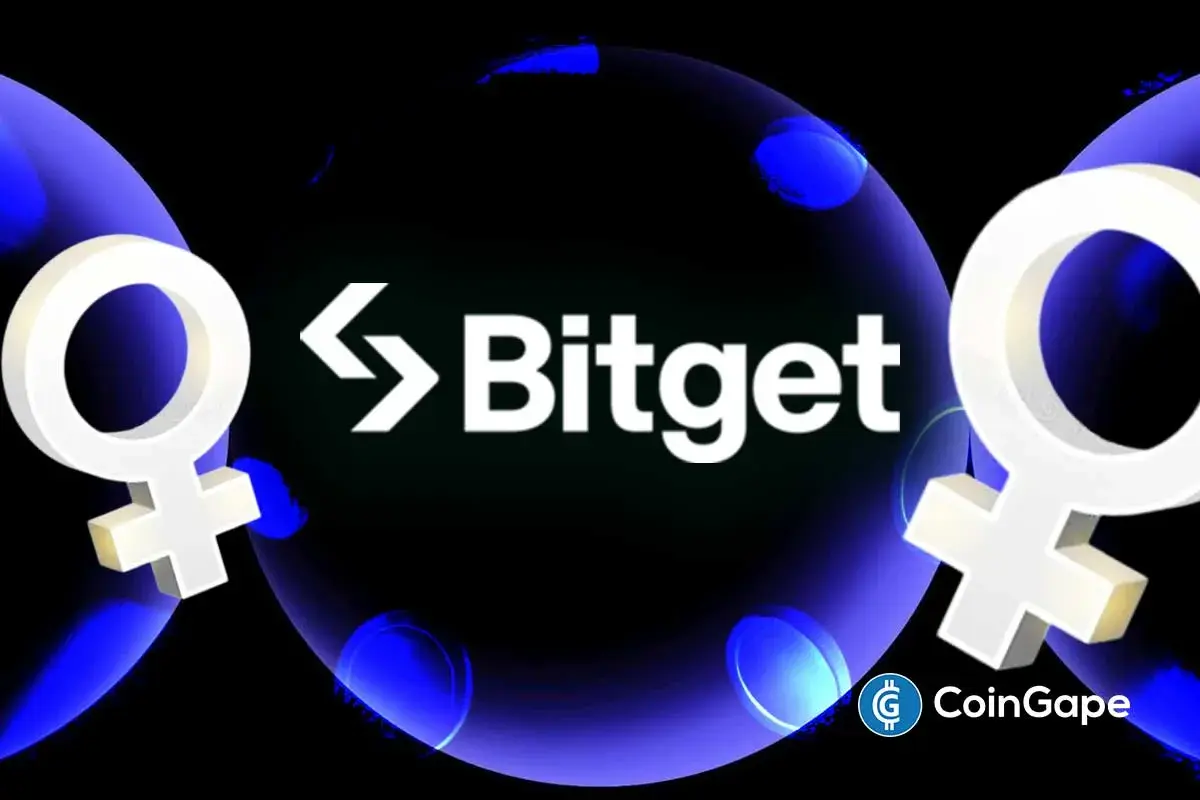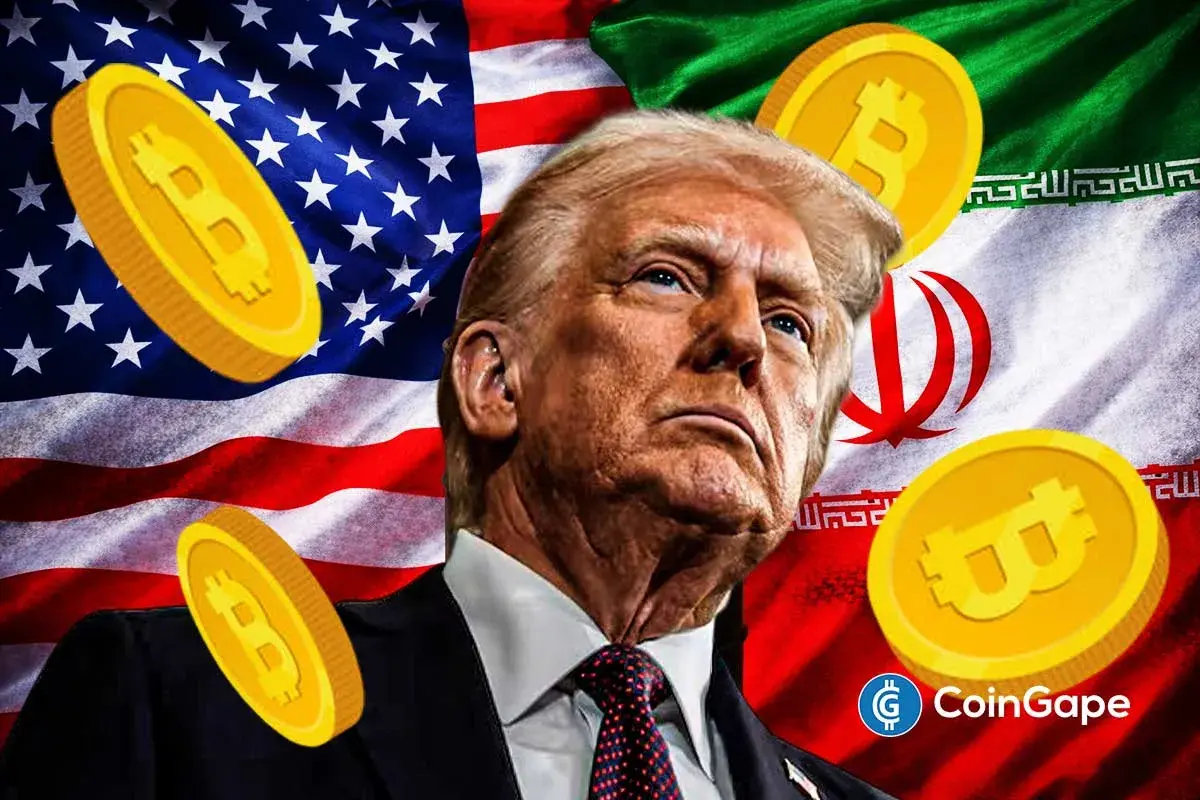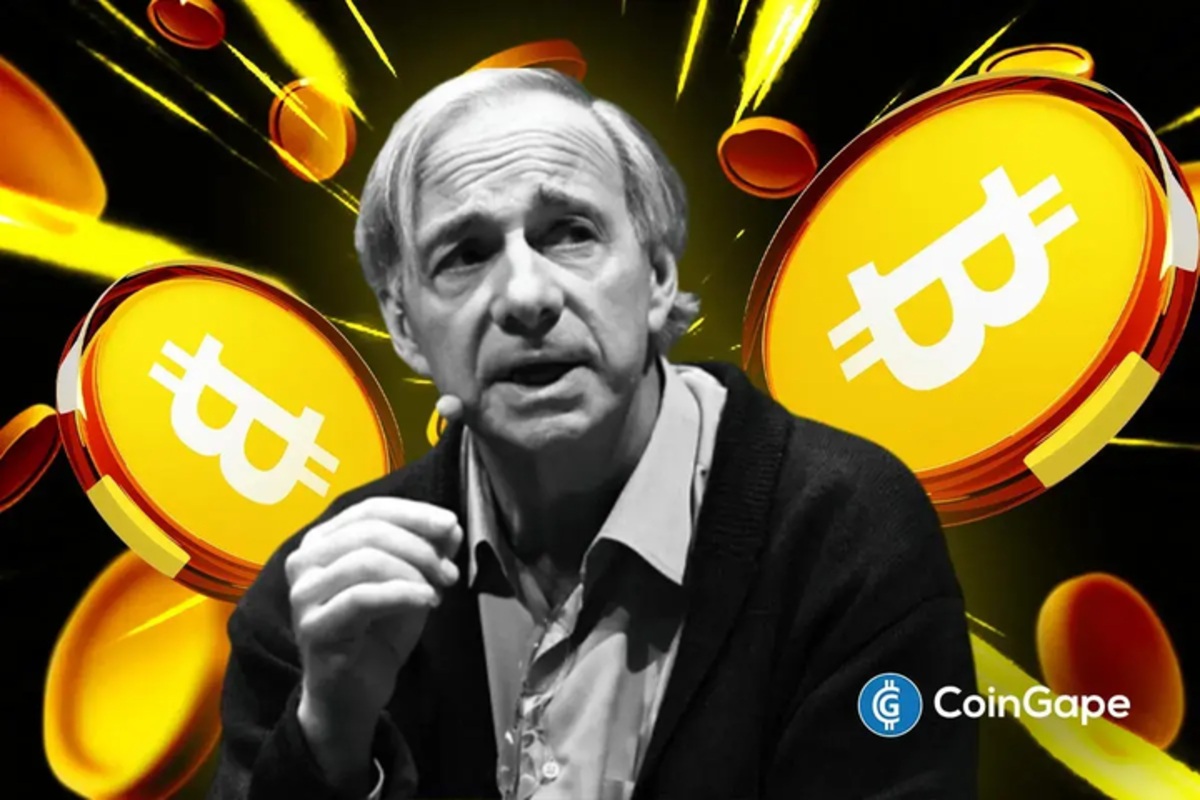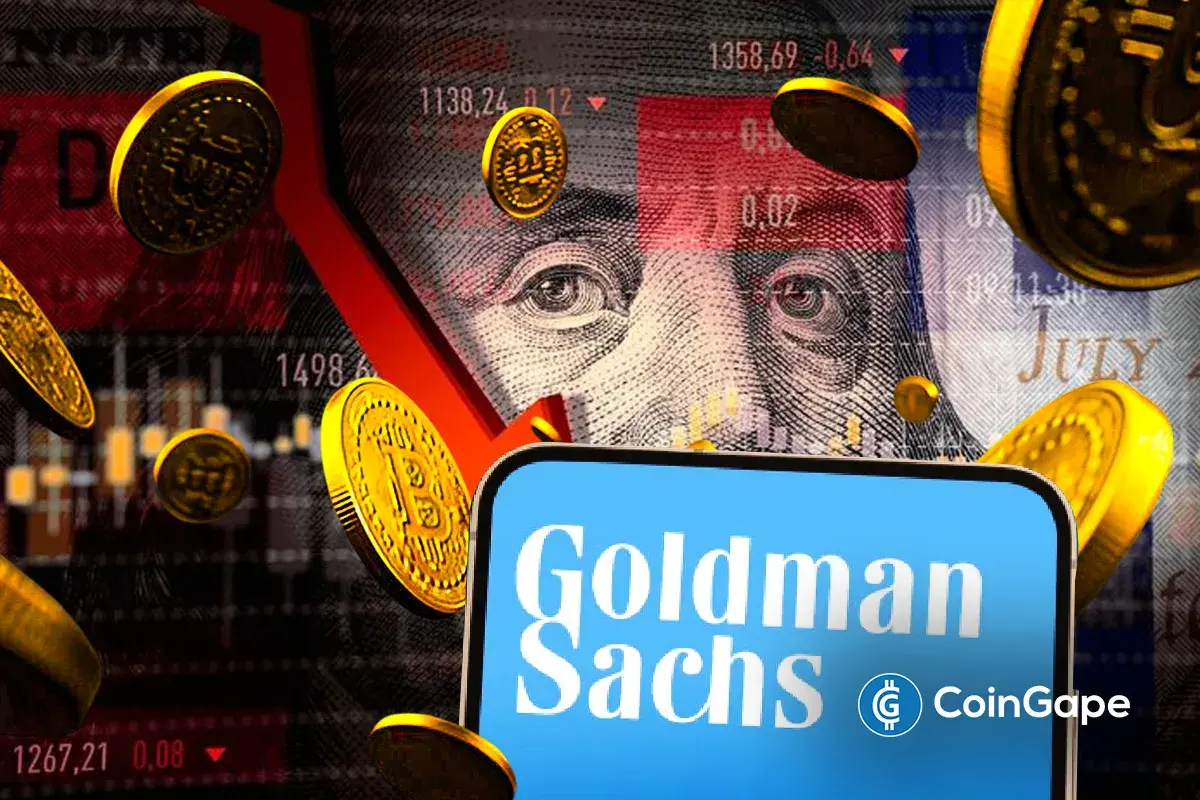BoE Deputy Governor says crypto is not a ‘financial stability risk’
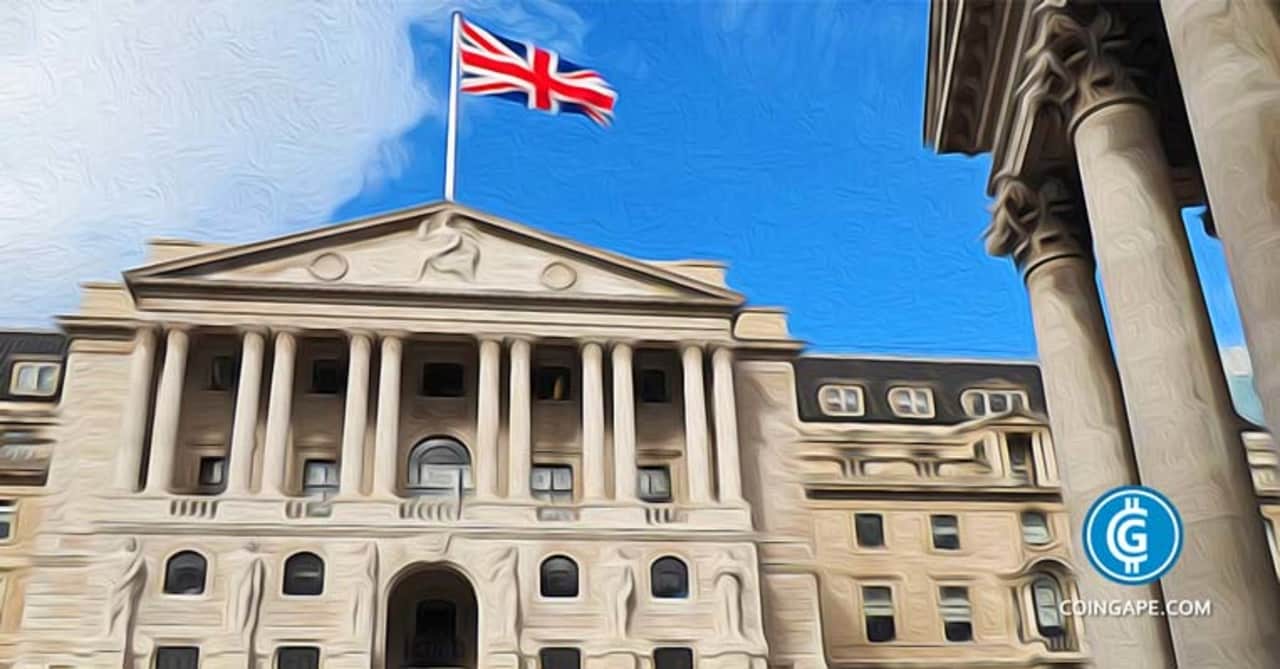
Bank of England’s Deputy Governor Jon Cunliffe commented on crypto’s market status, saying it is not a financial stability risk as it does not pose relevant competition to the traditional markets, yet.
He agreed with and appreciated crypto’s exponential growth however he clarified that it cannot beat the regulated market and he does not see it as a threat.
“The speculative boom in crypto is very noticeable but I don’t think it’s crossed the boundary into financial stability risk,” Cunliffe told CNBC.
Volatile Crypto is a Retailer’s choice, not an institutional preference
Cryptocurrency’s volatile nature leads to extreme outputs. The final product line either shoots North or drops down South. In the seven months of 2021, the crypto market has hiked as high as $2.5 trillion, during the first quarter, and has also faced unexpected losses of over $1 trillion in value since May. Bitcoin is standing at $32,500 today having lost nearly 50% from its ATH of near $65Kin April.
However, Cunliffe claimed that cryptocurrency’s popularity is not relevant to the traditional markets as it is only limited to retail investors and that institutions have yet not shown any collective interest.
“There are issues of investor protection here. These are highly speculative assets…But they’re not of the size that they would cause financial stability risk, and they’re not connected deeply into the standing financial system…Were we to start to see those links develop, were we to start to see it move out of retail more into wholesale and see the financial sector more exposed, then I think you might start to think about risk in that sense,”, Cunliffe told CNBC.
Regulators & Crypto Crackdown
Regardless of crypto’s wonder days, regulators still see endless wandering through the woods to find an unguaranteed treasure. For instance, the rapid and roaring Chinese Crypto crackdown was unsurprising to the traditional market players.
China’s regulators sought the crackdown as a cleanse against the unprotected, unsustainable, and unregulated cryptosystem. Furthermore, organizations like Binance, that is the world’s largest crypto trade and exchange platform, is also stuck in a series of regulatory trouble in several nations, including the UK.
Binance operations were banned by the Financial Conduct Authority (FCA) in the UK during June, instead of Binance’s failure of meeting the UK’s anti-money laundering requirements.
Play 10,000+ Casino Games at BC Game with Ease
- Instant Deposits And Withdrawals
- Crypto Casino And Sports Betting
- Exclusive Bonuses And Rewards

- Bitget Unveils ‘Crypto Anti-Bias Pledge’ To Support Women’s Inclusion In Crypto
- U.S.-Iran War: Crypto Market Rebounds as Iran Reportedly Reaches Out To U.S. To End Conflict
- Bitget Rolls Out Group-Based Maker Rates to Boost Liquidity Across Spot and Futures
- Kraken Gains Access To The Federal Reserve’s Payment System as Ripple Awaits Approval
- “There Is Only One Gold,” Billionaire Ray Dalio Says Amid BTC’s Quantum Threats
- Robinhood Stock Price Prediction As Cathie Wood Buys $12M Dip in Bold ARK Move
- Bitcoin Price At Risk? Professor Who Predicted US-Iran War Says America Could Lose
- Gold Price Prediction March 2026: Rally, Crash, or Record Highs?
- RIOT Stock Prediction as Needham, Piper Sandler Slash Target After Earnings
- Cardano Price Outlook As Charles Hoskinson Warns Over CLARITY Act
- Circle Stock Price Climbs 15% to $96, Can Rally Continue in March 2026?

 Buy $GGs
Buy $GGs





